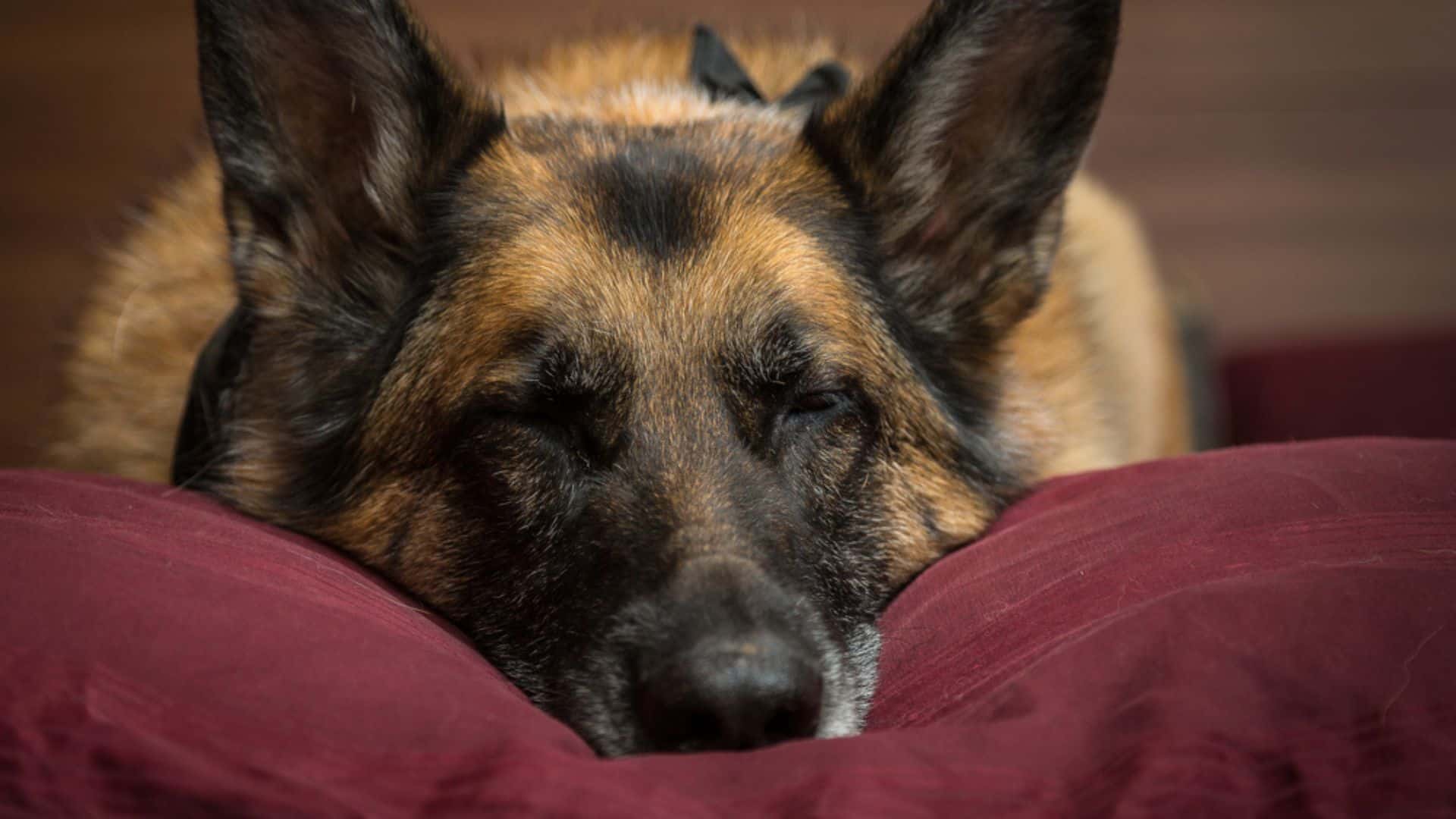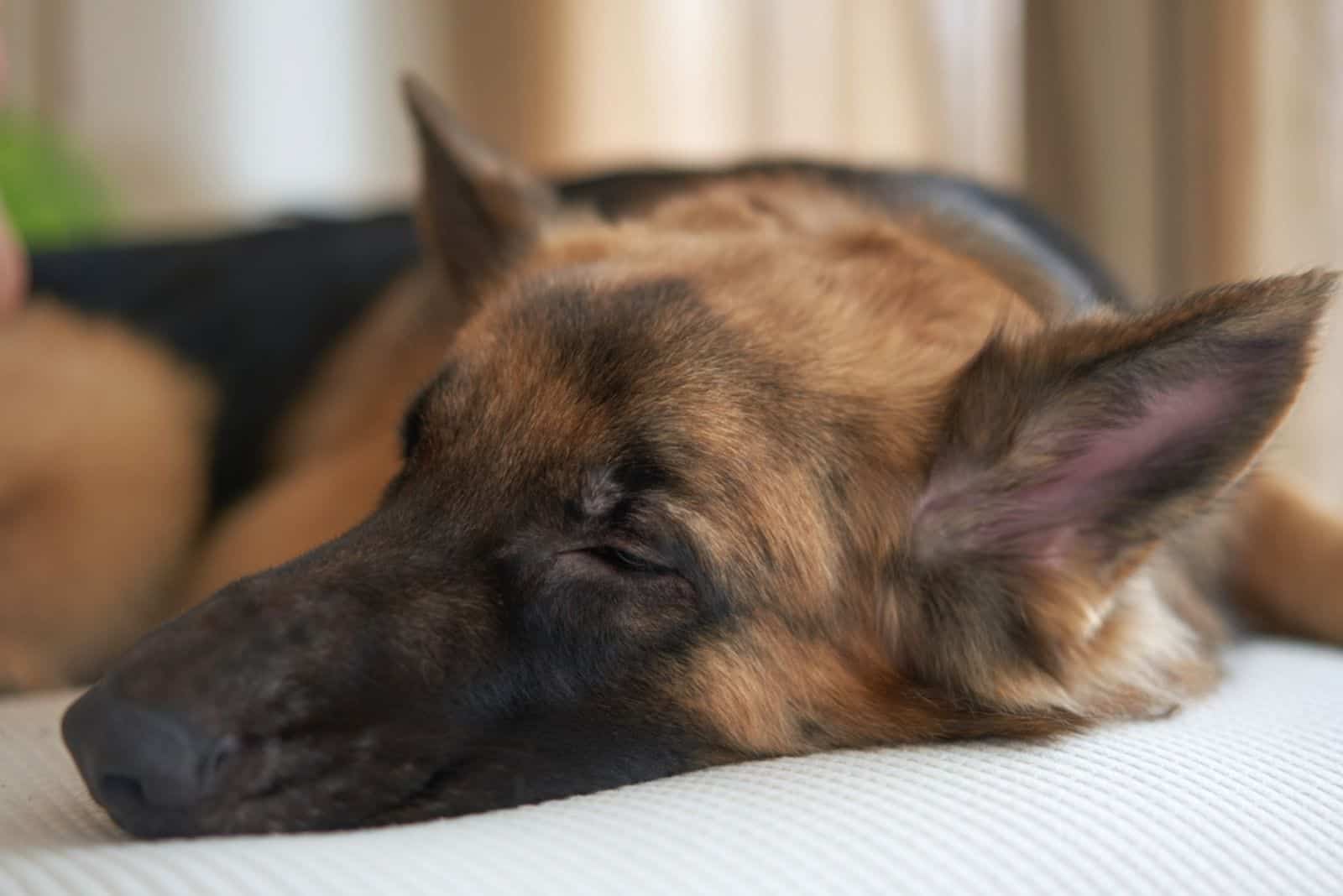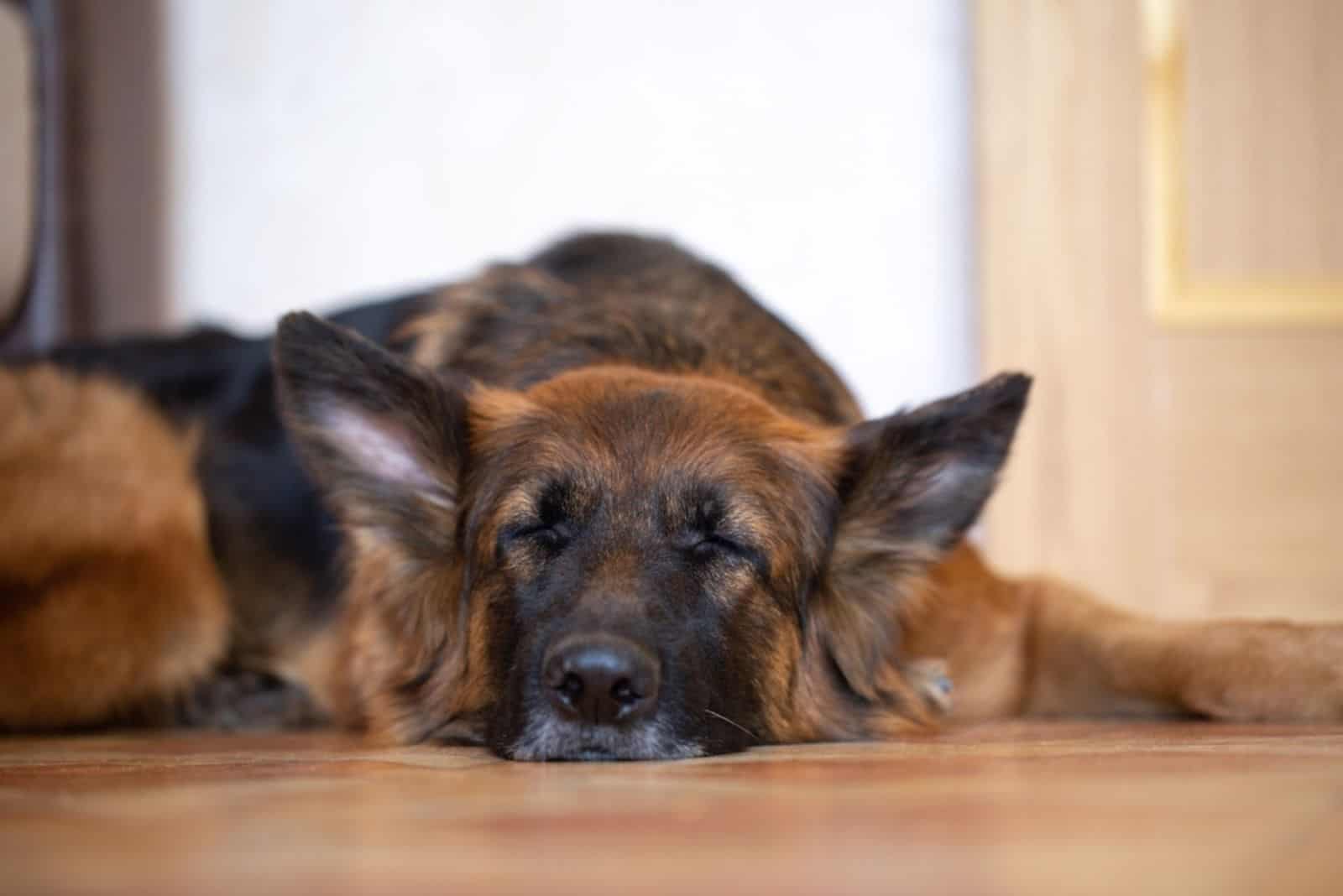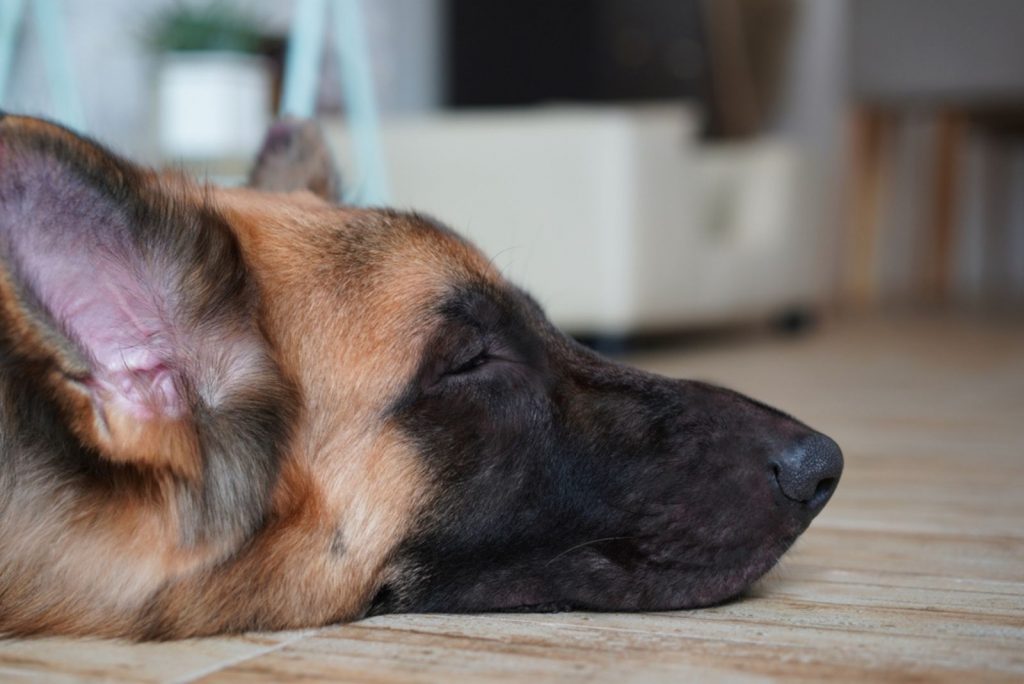
Hôm qua, tôi đã nhận được một email từ một trong những độc giả của tôi yêu cầu giúp đỡ. Đương nhiên, tôi ngay lập tức chuyển sang chế độ giúp đỡ và cố gắng hết sức để xoa dịu tâm trí của anh ấy.
Đây là những gì email nói:
“Này Liam, tôi hy vọng bạn sẽ làm tốt.
Tôi và cô gái của tôi, Josie, thì không. Đã một tuần kể từ khi cô bắt đầu thút thít và khóc trong giấc ngủ. Cô ấy vừa tròn hai tuổi vào cuối tuần này.
Tất nhiên, điều đầu tiên tôi nghĩ là cô ấy đang mơ về điều gì đó. Nhưng, khi nó tiếp tục mỗi khi cô ấy đi ngủ và ngủ trưa, tôi bắt đầu lo lắng.
Tôi không nghĩ Josie của tôi chỉ đang mơ. Chẳng lẽ nàng có chuyện gì sao? Chúng tôi sẽ kiểm tra bác sĩ thú y vào tuần tới và tôi không thể rũ bỏ cảm giác rằng cô ấy có thể bị đau.
Xin hãy giúp chúng tôi!”
Josie và Allan
Chà, Allan, tôi thích cách bạn nghĩ. Tất cả chúng ta ngay lập tức đi đến cùng một ý tưởng: phải đang mơ. Đó là lý do tại sao cô ấy thút thít, co giật, vẫy đuôi, v.v.
Tuy nhiên, tôi thấy mô hình này lặp đi lặp lại liên tục, và sẽ không tệ nếu kiểm tra bất kỳ tình trạng tiềm ẩn nào có thể gây ra tiếng thút thít.
Hãy thảo luận về hành vi chó phổ biến này!
Cô ấy đang mơ… Đó là lý do tại sao cô ấy thút thít

Yes, that’s generally the idea and the reason behind the whimpering. But, it doesn’t have to be.
It’s one thing to have a dog whimper from time to time, and it’s a completely different thing to hear her whimpering all the time, whenever she closes her eyes.
Usually, sleep activities like whimpering, twitching, or moving legs during sleep are linked to the REM stage of the sleep cycle. During this stage, dogs dream, and their brain is at the peak of its activity.
Dogs process the day behind them and their experiences, and they relive their memories.
And, we shouldn’t bother them. We shouldn’t wake them up.
I know it may sound like your dog is having a nightmare, but there’s no way we can prove that. As far as we know, he might be dreaming about your day at the park, which has nothing to do with nightmares.
Whimpering, crying, or whining in sleep usually happens when German Shepherds are puppies. It’s a standard behavior for all GSD pups, and for all the other breeds, too. As puppies grow up, they usually completely ditch this behavior and outgrow it.
It was simply their cry for attention because they were so small and helpless.
Could The Whimpering Be A Sign Of Certain Medical Problems?

Unfortunately, it could.
You own a German Shepherd, so you must already be prepared for major health problems with their mobility, like hip or elbow dysplasia, weak joints, arthritis, or weak bones.
Those conditions usually progress as the dog ages, but congenital problems like dysplasia can happen in any life stage.
Senior German Shepherds are usually whining in their sleep because they’re in pain. If this happens a lot, and it starts abruptly, you should have your dog checked. In most cases, your vet will prescribe pain killers because there’s really no other option that works for such conditions.
Sometimes, whimpering can be a sign that your dog is experiencing bloat. As you already know, BLOAT is extremely common with German Shepherds. |1|
So, when the tummy fills up with air and twists, whining, among other symptoms like melancholic behavior, lack of energy, lack of appetite, etc., can be a tell-tale sign.
Lastly, whining can be linked with other major health problems that affect the nervous system.
Dogs that experience seizures often whimper in their sleep – they also twitch and paddle with their legs.
If your dog has always been healthy, but the whimpering episodes have started lately, maybe you should have him checked.
It’s kind of easy to distinguish normal sleep whimpering from seizure whimpering. Dogs that are having seizures in their sleep paddle with their legs a lot, and those movements are stiff and somewhat violent. |2|
I urge you to notify your vet if this begins to happen to your dog. Prevention can help a lot, and can sometimes even treat the affected canine.

Well, this is the case where you don’t listen to your instincts, and your instincts will tell you to wake up your dog.
Don’t do it unless it’s already repetitive and he is becoming aggressive.
Crying in sleep is a normal behavior, but you should still take into consideration other factors like your dog’s age, recent activities, general health, diagnosed conditions, etc.
Trong hầu hết các trường hợp, khóc không phải là điều đáng lo ngại. Nhưng, nếu tôi là bạn, tôi vẫn sẽ kiểm tra của mình nếu tiếng thút thít tiếp tục và trực giác của bạn nói với bạn có điều gì đó không ổn.
An toàn hơn là xin lỗi!
Nguồn:
|1| Ruthra, M., Arulmozhi, A., Madheswaran, R., Balasubramaniam, G. A.
Bệnh lý giãn dạ dày và volvulus (Gdv) ở chó chăn cừu Đức – một báo cáo trường hợp. 2017.
|2| Anita Shea, Alex Hatch, Luisa De Risio, Elsa Beltran. Mối liên quan giữa rối loạn hành vi giấc ngủ REM có thể xảy ra lâm sàng và uốn ván ở chó. 2018. DOI